In November 1980 BCCI opened its branch in Dakar, capital of Senegal, also home to banks and other institutions serving all of French-speaking West Africa, and a hub for shipping and transport in the region.
Country information
Senegal is in West Africa bounded by Mauritania to the north, Mali to the east, Guinea, Guinea-Bissau to the south and the Atlantic Ocean to the west. It almost completely surrounds the country of The Gambia on the north, east and south, except for Gambia's short Atlantic coastline.


History
Portugal was the first European country to colonise Senegal in 1444. Later England, France, and the Netherlands contested with Portugal until ultimately the country came under French control in the late 19th century.
Senegal remained a colony of France until 1960, and like many countries in Africa colonised by France, it gained its independence in 1960.
Senegal's economic and political capital was Dakar. It is one of the main seaports in West Africa on the Atlantic Ocean and the hub for shipping and transport in region.
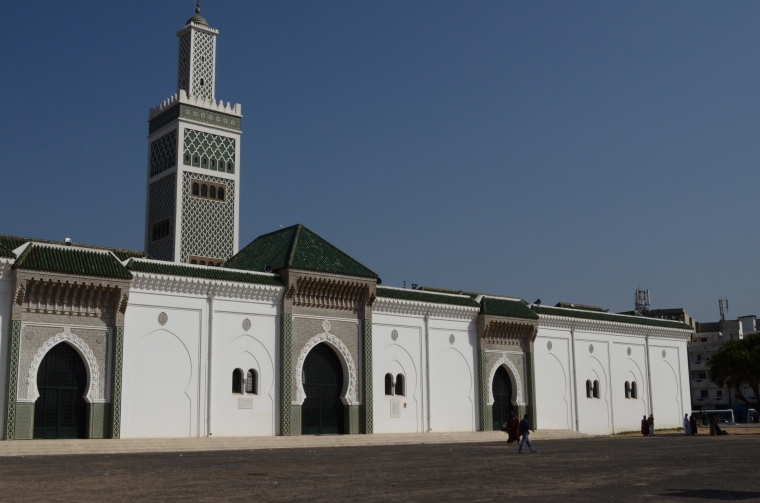
Population and language
The population of Senegal in the 1980s was around 5.6 million. Most of the population lived on the coast and worked in agricultural and other food industries. Other major industries include mining, tourism and services.
The official language was French, inherited from the colonial period.

The Senegalese are a graceful people whose culture is a rich fusion of the African and the French.
Economy
Senegal was pursuing an active policy of development. The context for this development was formed by three main elements: Senegal's continuing links with France, the country's natural resources and the drought affecting the region.
The country had abundant natural resources in iron, zircon, gas, gold and phosphates. There were a few oil discoveries.
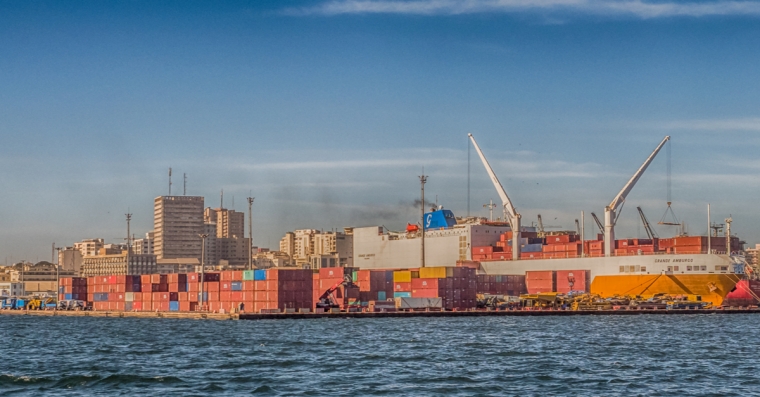
The main exports were phosphates and groundnuts, groundnut oil, fish and animal fodder. The main imports were food, machinery, crude oil, chemicals and motor vehicles.
The main trading partners for export were France, United Kingdom, Italy and Mauritania, and for imports were France, West Germany (now Germany), Italy and the U.S.A.
Foreign exchange earnings were also generated from tourism and port facilities serving West Africa.
BCCI Dakar branch
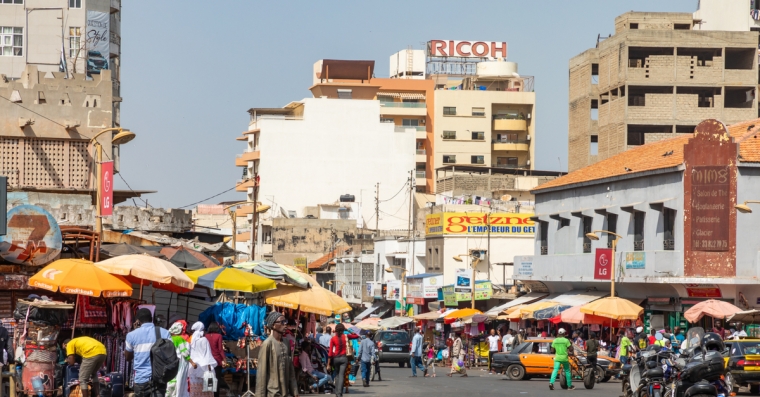
BCCI opened its branch in November 1980 in Dakar, capital of Senegal, in November 1980 and was alongside Citibank and the French banks.
The branch was situated in the city's main square, La Place de l'Independance, which it shared with the Chamber of Commerce and other government buildings.
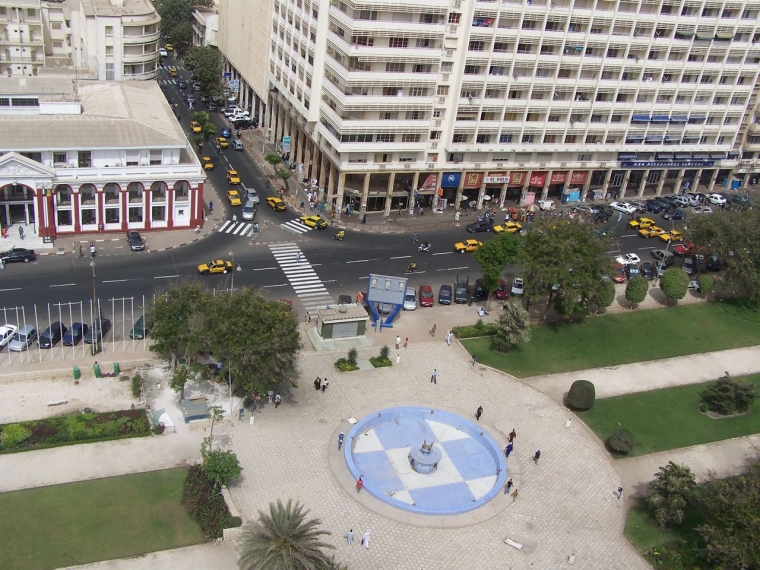
Dakar branch was located at:
4 Avenue Roumc, Place de l'lndCpcndcncc
BP 2060. Dakar
Telephone: (221237 ) 262/63
Fax: (221) 227 078
Telex: 21794 BANCROM SG

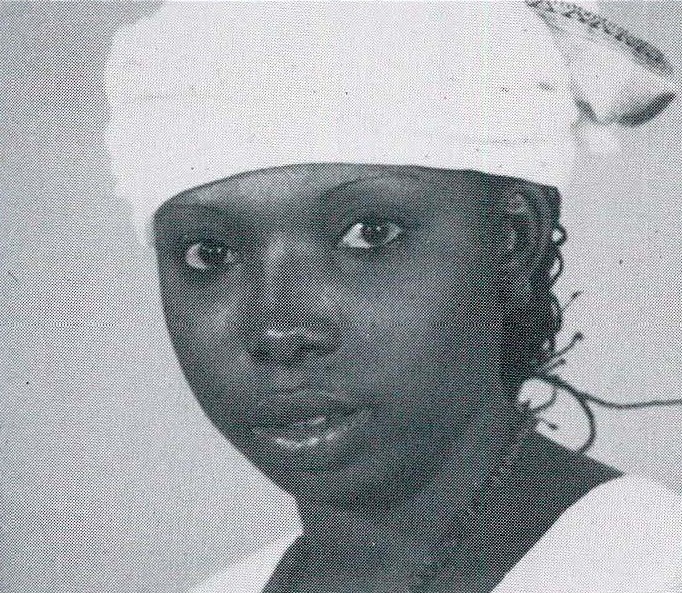
BCCI was seen not as belonging to any one nation, but as an institution that was at the forefront of a massive drive towards Third World development.
In a short time, the branch was successful in securing deposits and accounts of individuals and major corporations as the continuing marketing efforts of all the of officers and staff. In keeping with BCCI’s overall marketing strategy placed importance on client relationships and a friendly and personalised service that helped win the confidence of clients.
Like BCCI international officers assigned to other countries that were former colonies of France, those who arrived in Dakar had already learnt French and were able to converse with the local people in the language which, along with BCCI's open planned office, made customers and the public feel more at ease during their visits to the branch.
This also enabled BCCI officers speaking in French to build closer relationships with the government agency officials responsible for imports into the country and explain the benefit of international network of BCC over that of most other banks.
BCCI's reputation in the market grew considerably because of the efficient handling of bulk imports of oil, rice and textiles. In under four years, BCC became an important part of the country's economic life.
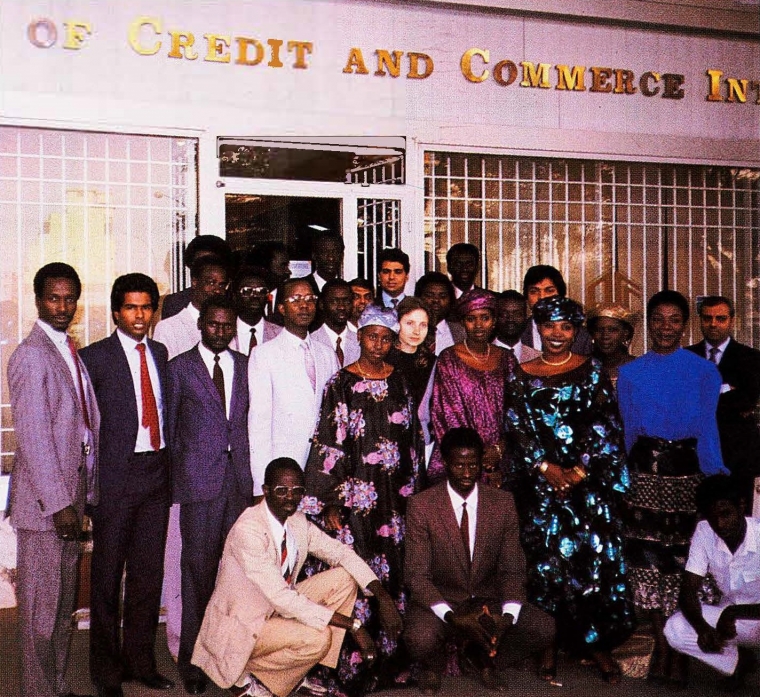
BCCI's role in Senegal was further strengthened in 1984 with the involvement of its Dakar branch in the export of fertilisers during a major phase in the expansion of the country’s chemical industry. With an investment of US $162 million this was one of the biggest projects in Senegal. India had contracted to buy 50% of the fertiliser production of Senegal would produce in ten years. The increase in volume of fertilizer exports handled by Dakar branch was assisted by BCC having a branch in India.
BCCI closure
On 5 July 1991 the Bank of England and other regulators in the west decided to freeze BCCI Group's assets and abruptly shut down BCCI's operations worldwide.
The priority of the governments and central banks in some countries was to protect their people and the local operations of BCCI continued in a different name after the assets and liabilities were acquired by private investors or another bank.
BCCI branches in Senegal were closed from 8 July 1991 while the liquidators of BCCI were seeking to negotiate the sale of the branches. No further information is available.
"The central bank of the Monetary Union of West African States announced last week that BCCI branches in Niger, Togo, Senegal and Ivory Coast were financially sound and would reopen soon." (apnews abidjan: 1 August 1991).
The BCCI Group majority shareholders considered the abrupt action by western central banks to shut down BCCI in 1991 was unjustified when they already had detailed discussions with the Bank of England and other regulators on a restructuring plan and would have injected further capital, if required.
In a 24-page report not made public but sent to some 60 central bankers worldwide, the United Nations Center on Transnational Corporations said that by simply shutting down the 70-nation banking network that financed international trade of $18 billion a year, the economic damage fell hardest on countries like Nigeria, Bangladesh and Zambia, where B.C.C.I. was an important institution. (New York Times, Feb 5, 1992)
Also read:
Acknowledgment:
- In-house magazine
